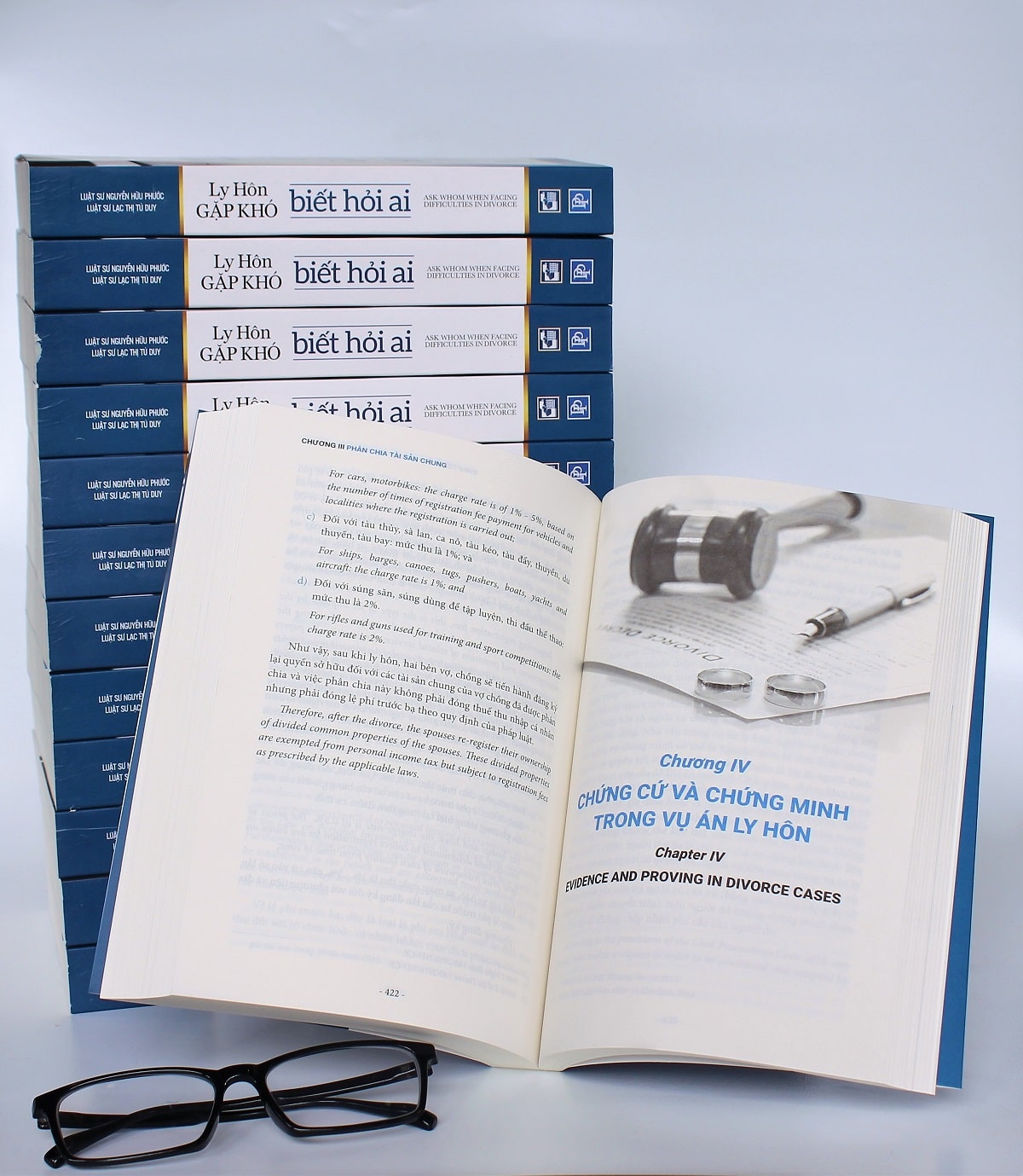Regarding the authority to collect evidence outside the territorial scope of the Court accepting the divorce case, it may fall into either of the following two cases: (i) within the territory of Vietnam but not within the scope of territory that the Court has jurisdiction to resolve; or (ii) outside the territory of Vietnam.
In the circumstance that the evidence collection falls into the case (i), the Court in charge of collecting evidence in another locality may issue a decision to delegate another Court which has authority to collect evidence such as taking testimonies of litigants, witnesses, on-the-spot appraisal, asset valuation ,or other measures to collect evidence and verify details of divorce cases[2].
In the case where gathering evidence falls under the (ii) case, the Court will conduct evidence collection through the following measures: (a) by the methods as specified in treaties, public international conventions to which Vietnam is a member, such as the Hague Convention 1970; (b) by diplomatic method/way with respect to the spouses residing in a country where there is no international treaty to which such country and Vietnam are both members, shall be implemented on the basis of the principle of reciprocity in international relations; or (c) by postal services to require the litigants being Vietnamese residing abroad to send papers, documents, and evidence to the Vietnamese Courts. Specifically, the Court can collect evidence by means of delegating Vietnamese competent authorities or foreign competent authorities of which that country and Vietnam are members of an international treaty having provisions for this matter[4].
It should be noted that in some cases the Court has performed the delegation but has not received the results from the delegated agencies (with other Courts, the time limit for performing the delegated work is 30 days from the date of receiving the decision) or in case it is impossible to perform the delegation, the Court shall accept and resolve the divorce case on the basis of the available evidence in the divorce case[6].
[2] Article 105.1 of the Civil Proceedings Code 2015.
[4] Articles 105.1, 105.4 and 475 of the Civil Proceedings Code 2015.
[6] Article 105.5 of the Civil Proceedings Code 2015.
If you would like more information on how we can assist you with divorce issues, please contact us at: +84 (28) 36223522 or email us at info@phuoc-partner.com

